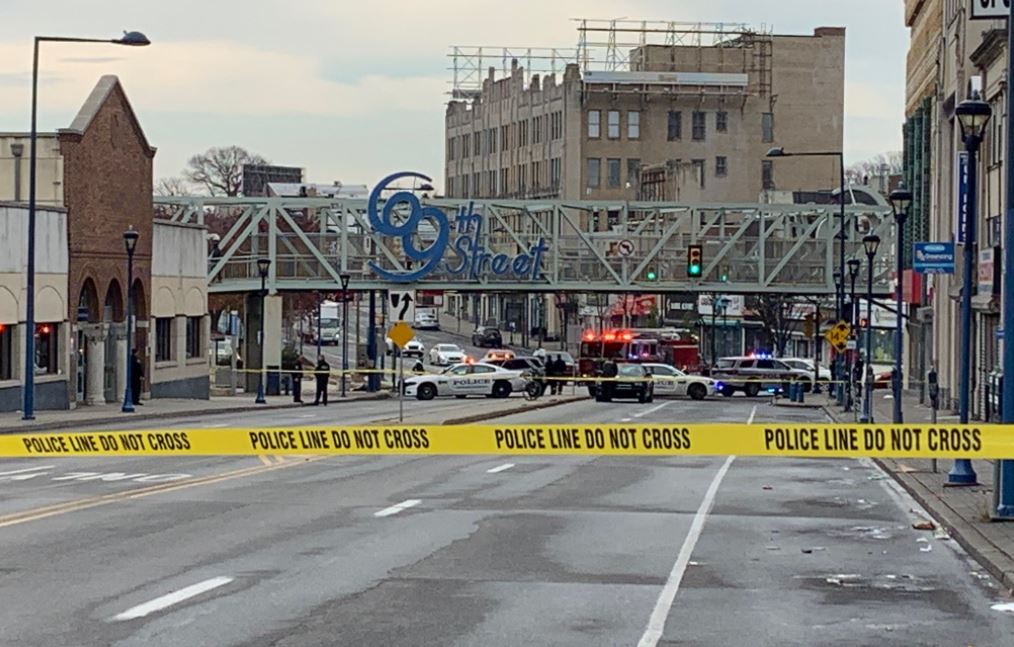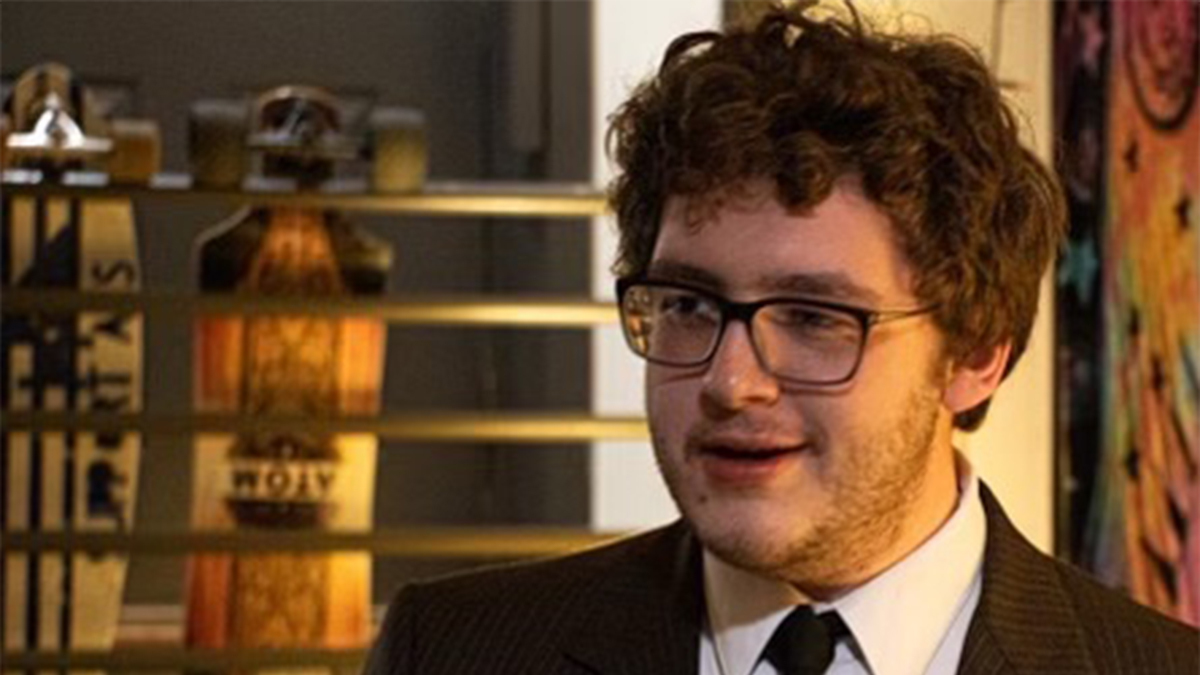NBC10’s Miguel Martinez-Valle reports from Temple University as the North Philadelphia college plans on increasing security patrols. Upgraded lighting, walking escorts and shuttle services are among the changes being made in the wake of Samuel Collington’s shooting death near his off-campus home.
NBC10 is one of dozens of news organizations producing BROKE in Philly, a collaborative reporting project on solutions to poverty and the city’s push toward economic justice. Follow us at @BrokeInPhilly.
A teen shot dead in a hailstorm of bullets while waiting for the bus, a young college student gunned down outside his apartment and a police shootout following a murder are only some in the latest wave of gun crimes impacting the region.
Now, as Philadelphia experiences the highest number of homicides in its recorded history, and as the rest of Pennsylvania also reels from increased gunfire, top officials continue to resist calls to issue emergency declarations on gun violence.
“It goes without saying that this has been a painful year in the City of Philadelphia and for so many families who have senselessly lost somebody to the crisis of gun violence. And make no mistake: this is a crisis,” state Rep. Malcolm Kenyatta, a North Philadelphia Democrat running for the U.S. Senate, said Thursday.
Get top local stories in Philly delivered to you every morning. >Sign up for NBC Philadelphia's News Headlines newsletter.
He called on both Philadelphia Mayor Jim Kenney and Pennsylvania Gov. Tom Wolf to issue gun violence emergency declarations, arguing that – at least at the state level – an emergency declaration would loosen some regulatory red tape and allow for more inter-departmental collaboration.
The move echoed the calls of Philadelphia Councilwoman Jamie Gauthier, who in July asked Kenney to make such a declaration only to be rebuffed by the mayor.
Asked via email whether they would issue such declarations now, both the mayor and the governor’s offices told NBC10 such declarations are not needed.
“A state of emergency is not needed to address the types of collaborations (Kenyatta is) suggesting, nor would it be the most impactful approach,” Wolf press secretary Elizabeth Rementer said.
She noted that factors that contribute to gun violence “vary from community to community” and said the governor is already taking measures to reduce such violence, such as providing resources for community-based violence intervention programs, supporting gun reform measures and vetoing “bad legislation” from the Republican-controlled state legislature that would loosen gun laws.
Similarly, Kenney said his administration is already directing additional funds – in the form of more than $150 million – toward violence prevention measures and is already working across departments to address the issue.
“The reality is that our Administration has been working to address violence in a coordinated fashion for several years, dating back to the release of the first Roadmap to Safer Communities in 2019, with further refinement with the updated Roadmap release this past April,” the mayor said via email. “That said, a disaster or emergency declaration would have no discernible impact on strengthening what is already a highly collaborative and innovative approach to addressing this public health crisis.”
Additionally, Kenney spokesman Kevin Lessard said, Philadelphia officials have met three times with their peers participating in a nationwide White House initiative meant to allow more than a dozen cities to collaborate on violence prevention strategies.
Officials have also engaged in two additional “technical assistance” meeting with the National Institute for Criminal Justice Reform, and the Philadelphia Police Department is receiving training and technical assistance on gun violence, criminal justice collaboration and rime analysis, through the Department of Justice’s National Public Safety Partnership, Lessard added.
But despite those measures, there have nonetheless been more than 510 killings – nearly all of which have been through gunfire – and nearly 1,700 nonfatal shootings in Philadelphia this year.
“Eighty percent of shooting victims in Philadelphia will survive their injuries, and we have to address the needs of those individuals as well. We are a city of walking wounded,” Scott Charles, trauma outreach manager at Temple University Hospital, said alongside Kenyatta and other community activists Thursday.
“I don’t recall another time when so many children and so many women have been shot, and so many elderly,” Charles said. “We have lost our way, and as I said, nobody is coming through that door to save us. We have to save ourselves.”
There are additional resources for people or communities that have endured gun violence in Philadelphia. Further information can be found here.



